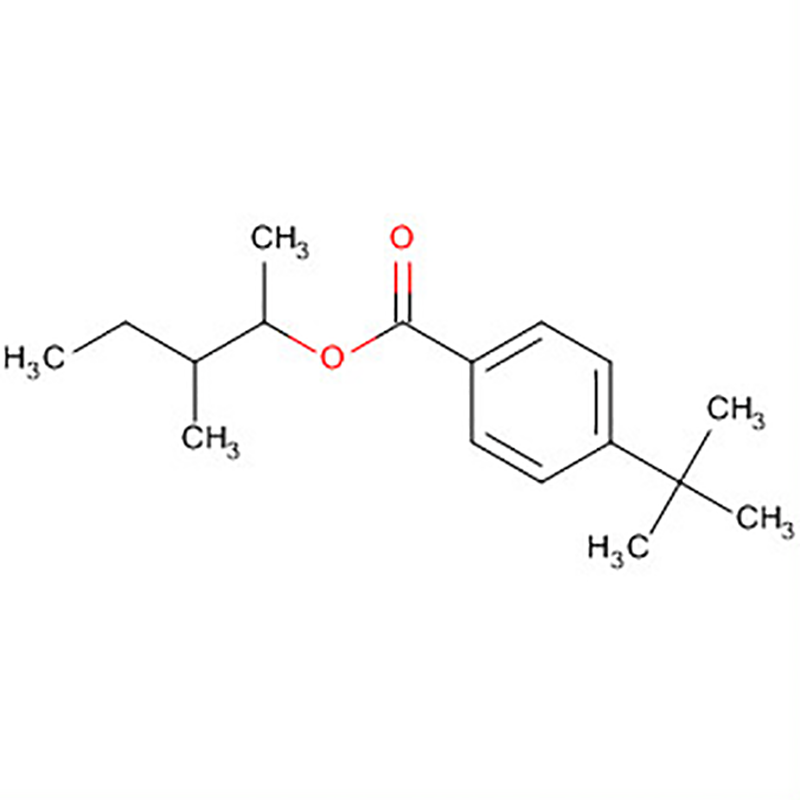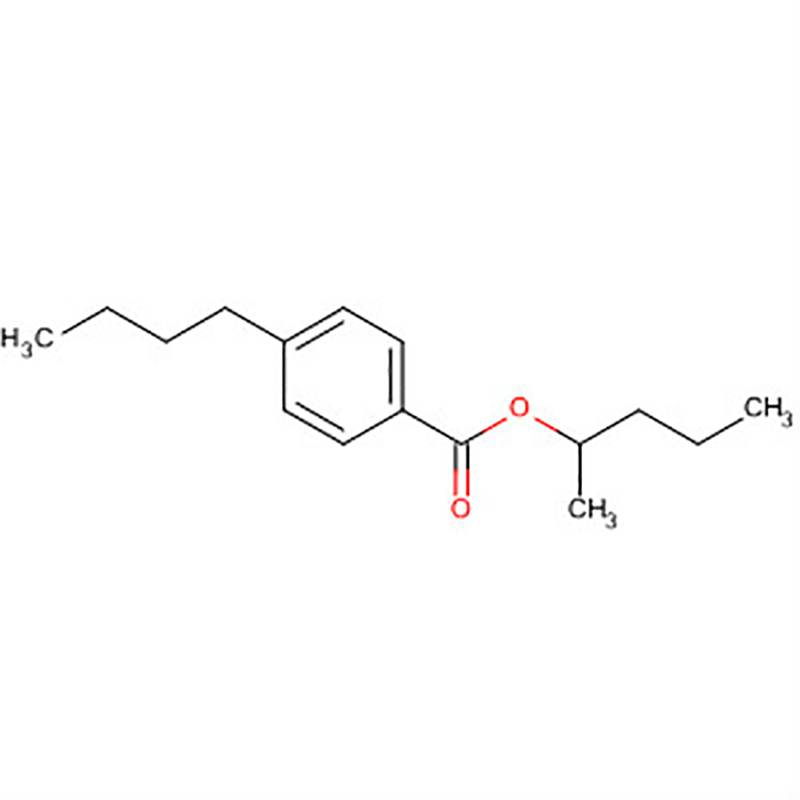-
Categories
-
Pharmaceutical Intermediates
-
Active Pharmaceutical Ingredients
-
Food Additives
- Industrial Coatings
- Agrochemicals
- Dyes and Pigments
- Surfactant
- Flavors and Fragrances
- Chemical Reagents
- Catalyst and Auxiliary
- Natural Products
- Inorganic Chemistry
-
Organic Chemistry
-
Biochemical Engineering
- Analytical Chemistry
-
Cosmetic Ingredient
- Water Treatment Chemical
-
Pharmaceutical Intermediates
Promotion
ECHEMI Mall
Wholesale
Weekly Price
Exhibition
News
-
Trade Service
2-Amino-4,6-dichloro-nicotinic acid methyl ester, also known as clonidine, is an organic compound that has a wide range of applications in the chemical industry.
This compound is used in various processes and product formulation in the pharmaceutical, agrochemical, and other industries.
The unique properties of clonidine make it a valuable addition to many chemical processes.
One of the most common applications of clonidine in the chemical industry is as a catalyst in the production of polyurethane foams.
Polyurethane foams are widely used in the manufacture of flexible and rigid foam products, such as furniture, car seats, and insulation.
Clonidine is added to the polyurethane mixture as a catalyst to increase the reaction rate and improve the overall quality of the foam.
In addition, clonidine is used as an intermediate in the production of agrochemicals and pharmaceuticals.
It is used as a precursor for the synthesis of other organic compounds, such as beta-blockers and muscarinic receptor agonists, which are used in the treatment of a variety of medical conditions.
Clonidine is also used in the production of polymer membranes.
Polymer membranes have a wide range of applications, including wastewater treatment, gas separation, and electrochemistry.
Clonidine is added to the polymer mixture to improve the properties of the membrane and increase its stability and selectivity.
Another application of clonidine in the chemical industry is in the production of dyes and pigments.
Clonidine is used as a catalyst in the production of azo dyes, which are widely used in the textile industry for the dyeing of fabrics.
Clonidine also acts as a catalyst in the production of metal complexes, which are used as catalysts in various chemical reactions.
Clonidine is also used in the production of pharmaceutical intermediates and active ingredients.
It is used as a precursor for the synthesis of other organic compounds, such as antibiotics, anti-inflammatory drugs, and anti-cancer drugs.
In the field of electrochemistry, clonidine is used as a catalyst for the electroreduction of carbon dioxide to formic acid.
This process has important applications in the production of renewable energy, as formic acid can be used as a fuel in fuel cells.
Clonidine is also used in the production of surface-active agents, such as surfactants and detergents.
These agents are widely used in industrial and domestic cleaning applications, as well as in personal care products, such as shampoos and soaps.
In conclusion, 2-amino-4,6-dichloro-nicotinic acid methyl ester, also known as clonidine, has a wide range of applications in the chemical industry.
It is used as a catalyst in various processes, such as the production of polyurethane foams, agrochemicals and pharmaceuticals, and it acts as a precursor for the synthesis of other organic compounds with important industrial applications.
Clonidine is also used in the production of polymer membranes, dyes and pigments, pharmaceutical intermediates and active ingredients, and as a catalyst in the electroreduction of carbon dioxide.
Its versatile nature and unique properties make it a valuable addition to many chemical processes.







